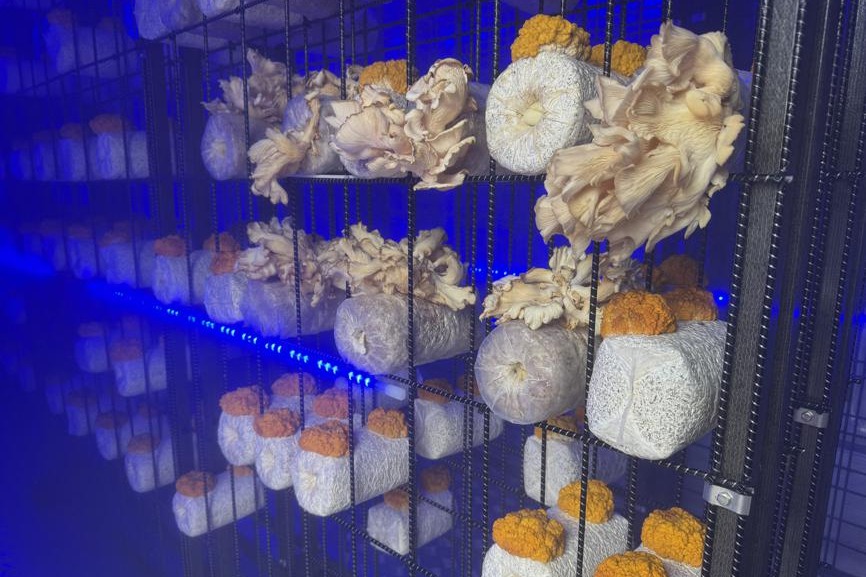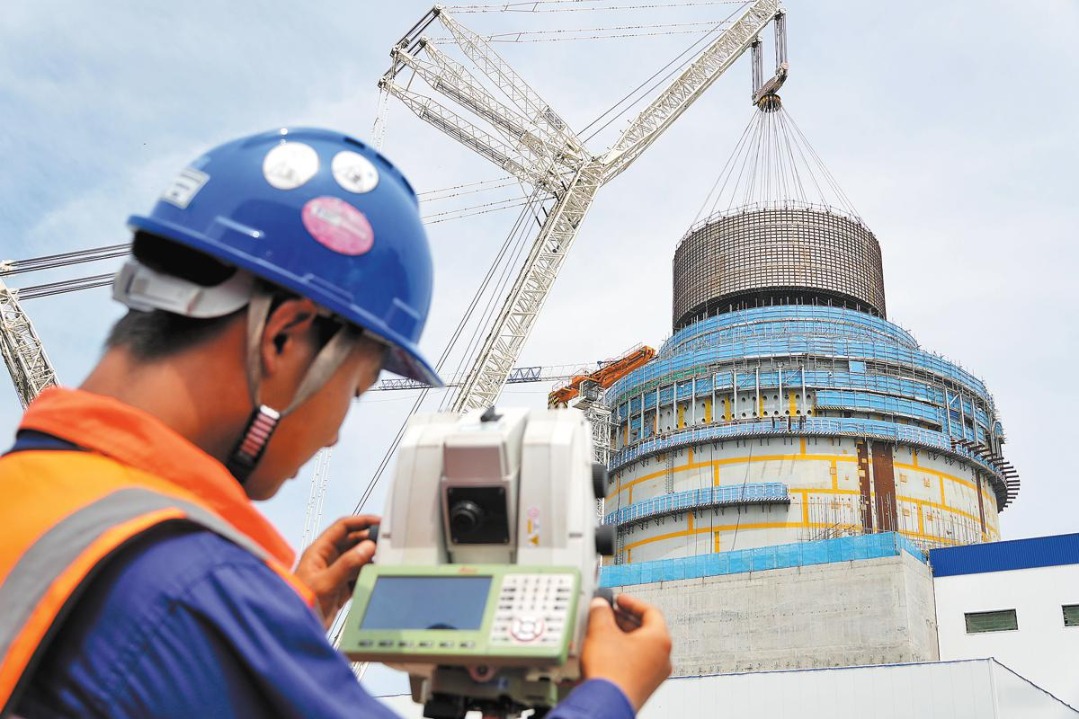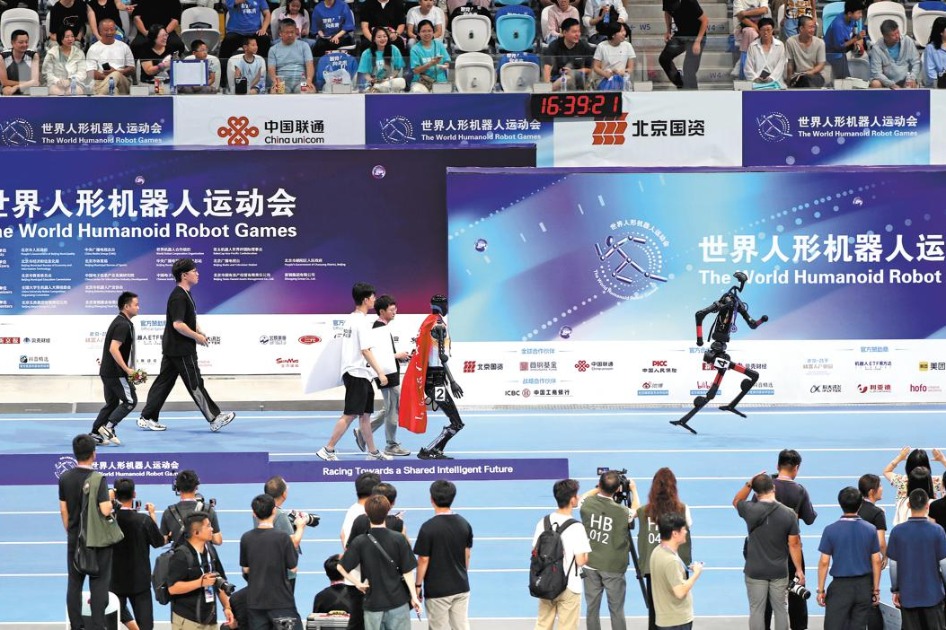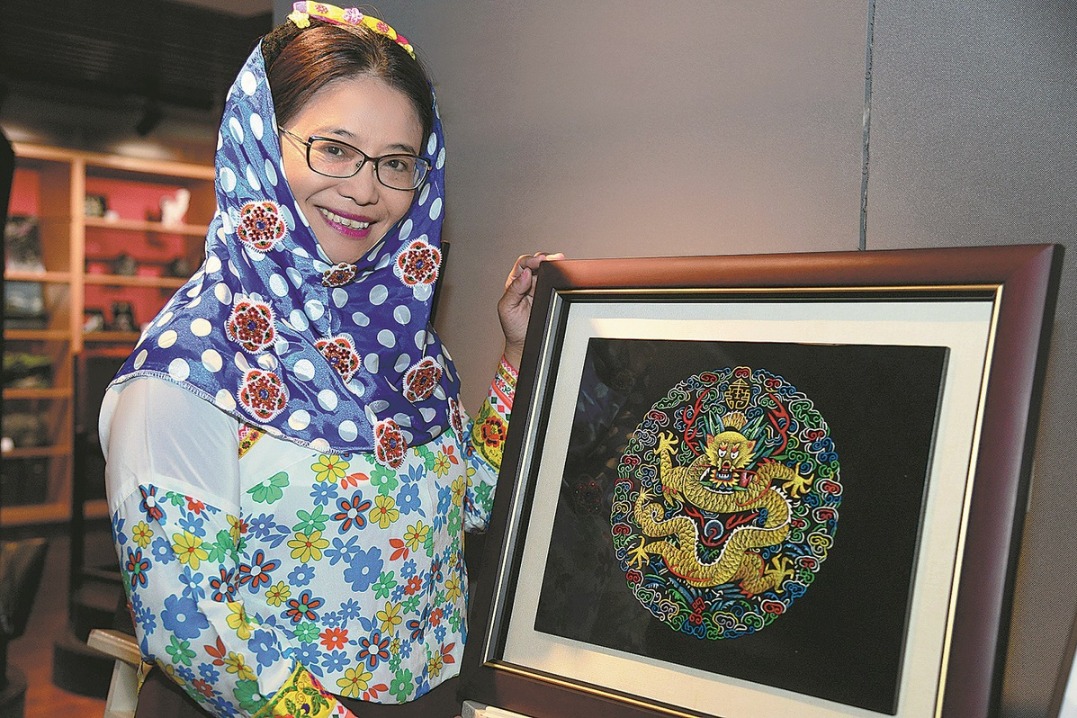Technology making a difference in births

The annual number of babies born in China through assisted reproductive technologies has surpassed 200,000, according to official figures. But experts say China's resources in the field have been strained under the growing demand for larger families.
Qin Geng, director-general of the Maternal and Child Health Department under the National Health Commission, said China has made steady progress in its capacity over the past three decades to help parents with fertility problems expand their families.
"Now more than 200,000 babies are born in China every year," after using reproductive assistance, "and that has translated into family bliss and social harmony", Qin said at a forum on Saturday marking the 30th anniversary of the first birth resulting from in vitro fertilization on the Chinese mainland. That birth took place at Peking University Third Hospital in March 1988.
Advancements in assisted reproduction are playing a large part in helping families looking to expand, Qin said, adding that China had 451 institutions qualified to provide such services as of the end of 2016, compared with only 95 in 2007.
In addition to more such facilities, Qiao Jie, president of Peking University Third Hospital, said Chinese specialists now have a better understanding of the human reproductive system and have made breakthroughs in preventing the spread of hereditary diseases through reproductive cells.
"China has mastered nearly all of the world's leading assisted reproductive technologies and is capable of treating infertile patients in a wide range of categories," she said.
However, Liu Ping, executive director of the hospital's assisted reproductive center, one of China's leading such facilities, said medical resources seem insufficient compared with the large number of people seeking help, especially after China relaxed its family planning policy in early 2016.
"Some mothers were already beyond childbearing age, and some cases require cutting-edge technologies to fulfill their dreams," she said.
The center's deputy director, Jiang Hui, said the hospital has been expanding its team of infertility specialists for males, and the technological advancements in extracting and preserving sperm have contributed tremendously to the success rate of assisted reproduction.
But Jiang also noted that assisted reproductive technologies are not all-powerful.
"As a woman grows older, the quality of eggs and the functions of the ovaries gradually weaken until they stop producing eggs," he said.
- More Chinese youth opting to study TCM in college
- Breakthrough device can produce premium helium
- New ward provides care for terminally ill kids
- Artist transforms stones into golden opportunities
- University students find spirit as schools mark war anniversary
- China launches low Earth orbit satellite group




































